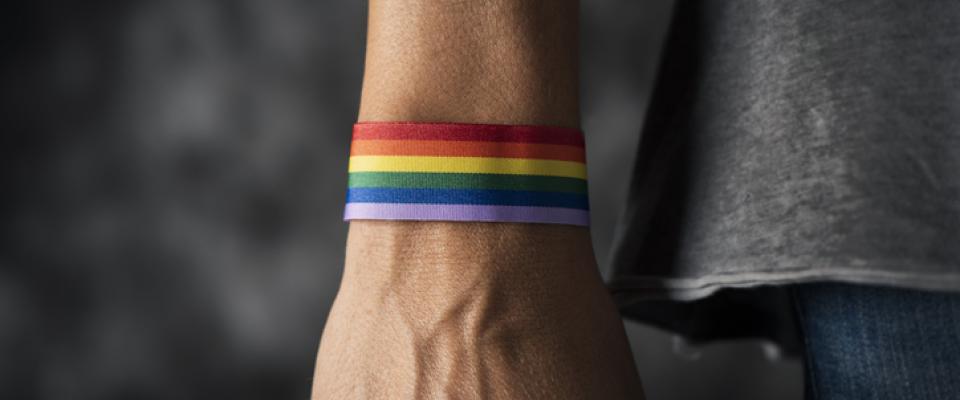As COVID-19 continues to spread, its impact has been hard hitting especially for vulnerable populations. The inequities in society have been further magnified and it is evident that the LGBTQ2+ community is faced with increased difficulties and barriers. Black, Indigenous, racialized, and/or persons living with disabilities from the LGBTQ2+ community are confronted with additional layers of inequities. As well, LGBTQ2+ folks from the Asian community may be experiencing greater anxiety and/or stress because of the rise in anti-Asian racism in connection to the pandemic.
Egale Canada recently partnered with Innovative Research Group (INNOVATIVE) to conduct a national study on the impacts of COVID-19 on the LGBTQ2+ communities. According to the report, ‘Impacts of COVID-19: Canada’s LGBTQI2S Community in Focus’, :
-
More than half (52%) of Canada’s LGBTQ2+ households have faced lay-offs or reduced employment as a result of the COVID-19 pandemic, compared to 39% of overall Canadian households.
-
Nearly 60% of LGBTQ2+ respondents said they expect their mental health will be negatively affected in the next two months.
Increased health care barriers
According to the Standing Committee on Health of the House of Commons, a number of factors contribute to the health inequities experienced by Canada’s LGBTQ2+ community, including discrimination and stigmatization. These “inequities … are exacerbated when other identity factors and determinants of health – such as age, ethnic origin, income and access to health care – intersect with gender identity and sexual orientation” (The Health of LGBTQIA2 Communities in Canada, June 2019 Report). Research has shown higher rates of some chronic illness among sexual and gender minorities and thus, those living with compromised immune systems face a particularly greater risk to COVID-19. While some of the LGBTQ2+ community may have access to the same health care system; it is not experienced in the same way. For example, Two-spirit and Indigi-queer communities will face an increased lack of access to resources. This pandemic has compounded these inequities that have preexisted in our health care system.
During the COVID-19 pandemic, ‘non-essential’ care has been delayed and has had unique effects on the LGBTQ2+ community. Trans and non-binary people have had difficulties accessing gender-affirming care because hormones and surgeries may be deemed as ‘non-essential’. This is particularly troublesome as having access to this care is essential to the health and well-being of so many. Furthermore, access to fertility clinics has been delayed and this in turn has created additional stress for those in the community who are trying to build their families.
Exposure to violence and loss of economic security
Due to stay-at-home measures, many LGBTQ2+ youth and adults are confined to hostile environments with unsupportive family members. This can inevitably leave many with increased exposure to violence, as well as an increased negative impact on their mental health.
Many members of the community are more likely to make lower wages and work in industries that may not allow them to work from home, such as retail stores and the service industry. This can lead to food and/or housing insecurity during these times.
Measures to minimize COVID-19 impacts on the LGBTQ2+ community
During these uncertain times PSAC remains committed to supporting and defending the rights of our LGBTQ2+ members. It is clear that the community continues to face discrimination in all areas of life. From barriers to accessing healthcare and mental health services to facing higher rates of homelessness, poverty, and social isolation – PSAC is here for you. PSAC calls on all levels of government to:
-
Ensure that testing, treatment and life-saving care for COVID-19 is available and accessible on a non-discriminatory basis to all. This includes addressing the barriers that exist to accessing healthcare across the country for the LGBTQ2+ community.
-
Provide affordable and accessible alternatives to mental health services.
-
Provide increased resources to shelters across the country to support those facing gender-based violence.
-
Apply an intersectional gender-based analysis lens to all measures implemented in providing support for Canadians.
PSAC has signed onto the following letter from Egale Canada addressed to the Honourable Bardish Chagger, Minister of Diversity and Inclusion and Youth which outlines additional demands.
 Member Login
Member Login



